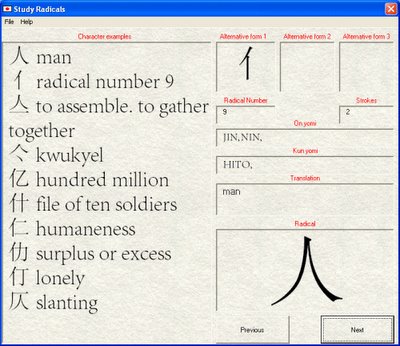The Paradoxical Phenomenon of the Radical Elite

“The university no longer adheres to the central defining purpose of its liberal humanist phase – the disinterested pursuit and preservation of knowledge. Instead, it caters to, and tries to reconcile, a plurality of interests. . . Despite, and perhaps because of, its sweeping condemnation of capitalism, Theory fosters little practical opposition to the corporate takeover of the university.”
That's a quote from the book Humanism Betrayed – Theory, Ideology, and Culture in the Contemporary University, by Graham Good.
The term “Theory” in the book's title refers to that mélange of deconstruction, post-structuralism, feminism, race theory, postcolonial theory, and queer theory that has animated the conversation about literature for the past 35 years or so. Theory has been disintegrating lately, and its demise, or at least its ossification, is widely speculated upon (see “The Fragmentation of Literary Theory” and “Theory’s Empire”).
Professor Good teaches English literature at the University of British Columbia. Of his assertion that university life has been corroded by group-identity politics, postmodern sectarianism, and a pseudoradicalism that gives rise to the “paradoxical phenomenon of the radical elite,” I detected more than a faint echo in the thoughts of a smart young guy from UBC’s student union that I spent some time talking with last week.
Matt Hayles, the elections outreach officer with UBC’s Alma Mater Society, had this to say about the student union: “The people who are involved in politics are completely into a counterculture way of thinking,” Hayles said. “There’s kind of a political class of people that gets involved in the AMS. It’s like there’s this idea that ‘You are your social group,’ and the AMS has become like a specialized subgroup of campus life. They don’t really interact with anyone but themselves.”
And just as “Theory” has been fragmenting, so has the student body:
There are now more than 300 clubs at UBC. It’s a rise of 50 percent over the past decade or so. There’s the Moustache Club, the Coin and Stamp Collectors, and the Hip-Hop Club. There’s the Cannabis Club, the Croquet Society, and the Ambassadors for Jesus. There is the Israel Advocacy Committee, and the Marxist-Leninist Study Group, and there are Walking Robots, Young Conservatives, Ismailis, and Italians. There are several clubs for dancers, and there are clubs for chess players, science-fiction fans, and Gilbert and Sullivan enthusiasts. Some clubs are brand-new this year. Others, like the Chinese Varsity Club, go back to the 1930s.
There is absolutely no harm in clubs, Hayles is quick to say. Clubs are great. Hayles proudly declared himself a member of the Asian Studies Club, as well as the only club on campus with its own armourer (the Fencing Club). The trouble, though, is that the political life of the student community is being segregated into its own special hive. It is as though the Alma Mater Society is becoming a little club of its own. Hayles said: “It’s becoming its own little student bubble.”
The AMS is supposed to be about all the students at UBC. It’s supposed to be the collective voice of students as individuals. Instead, the AMS is becoming just another club made up of political subgroups that are marked by their preoccupation with an ironic “revolutionary” pose.
And in that, I also heard an echo of what Joseph Heath and Andrew Potter have to say for themselves in Rebel Sell: Why The Culture Can’t Be Jammed:
“The overwhelming majority of what gets called radical, revolutionary, subversive or transgressive is nothing of the sort. Moreover, cultural theorists have perfected the art of redescribing any element of mainstream culture in subversive terms. It only take ten minutes of watching MTV to see the absurdity of this entire analysis.”
My conversation with Matt Hayles forms the basis of my Chronicles column this week.





0 Comments:
Post a Comment
<< Home